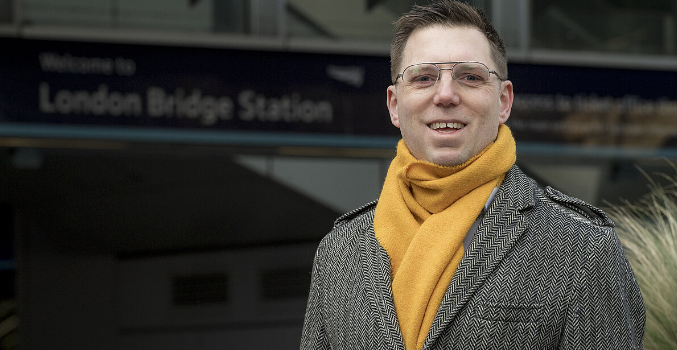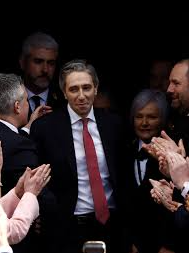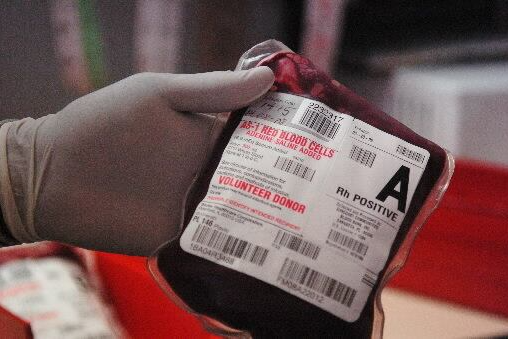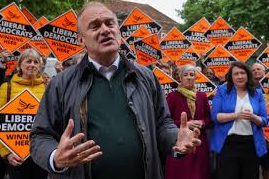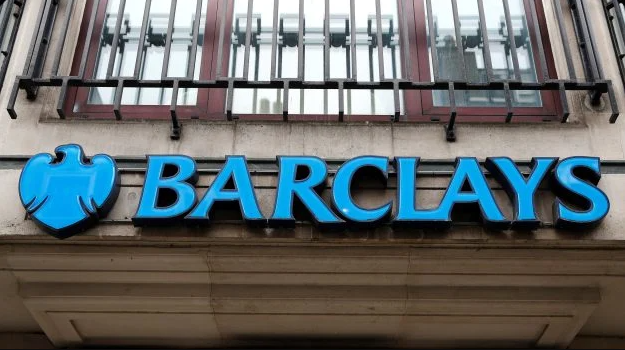
Hollywood actor Ryan Reynolds co-owns the club with Rob McElhenney
Ryan Reynolds has said that he and Rob McElhenney are having the “ride of our lives” following another Wrexham promotion.
The Deadpool star, 47, co-owns the club with fellow Hollywood actor McElhenney, who created It’s Always Sunny In Philadelphia.
They previously secured promotion to League Two last year, and a victory over Forest Green Rovers on Saturday means they will play in League One next season, as they cannot now finish below the top three automatic promotion places.
On X, formerly Twitter, Reynolds wrote: “A few years ago, if you told me I would be crying tears of joy over a football match taking place in North Wales, you would be Rob McElhenney. Congrats to Wrexham and to my co-chairman in crime. Double up the town! This is the ride of our lives.”
Reacting to the Welsh team beating Forest Green 6-0, McElhenney wrote on social media site X saying: “No words” along with a heart emoji.
Since McElhenney and Reynolds’ takeover in February 2021, they have contributed to worldwide attention for the team.
The FX documentary show Welcome To Wrexham, which has had two seasons with a third series to air in May, has earned five Emmys including outstanding unstructured reality programme.
In 2022, McElhenney and Reynolds were honoured by the Welsh Government, the Football Association of Wales, and S4C for promoting the country and its language with the Dragon Award.
The football club has also seen recent royal visits from the Prince of Wales and the King and Queen, following the actors becoming owners.








